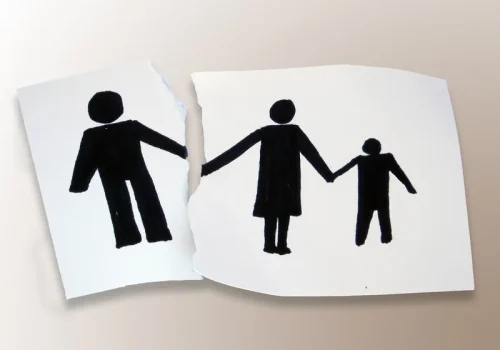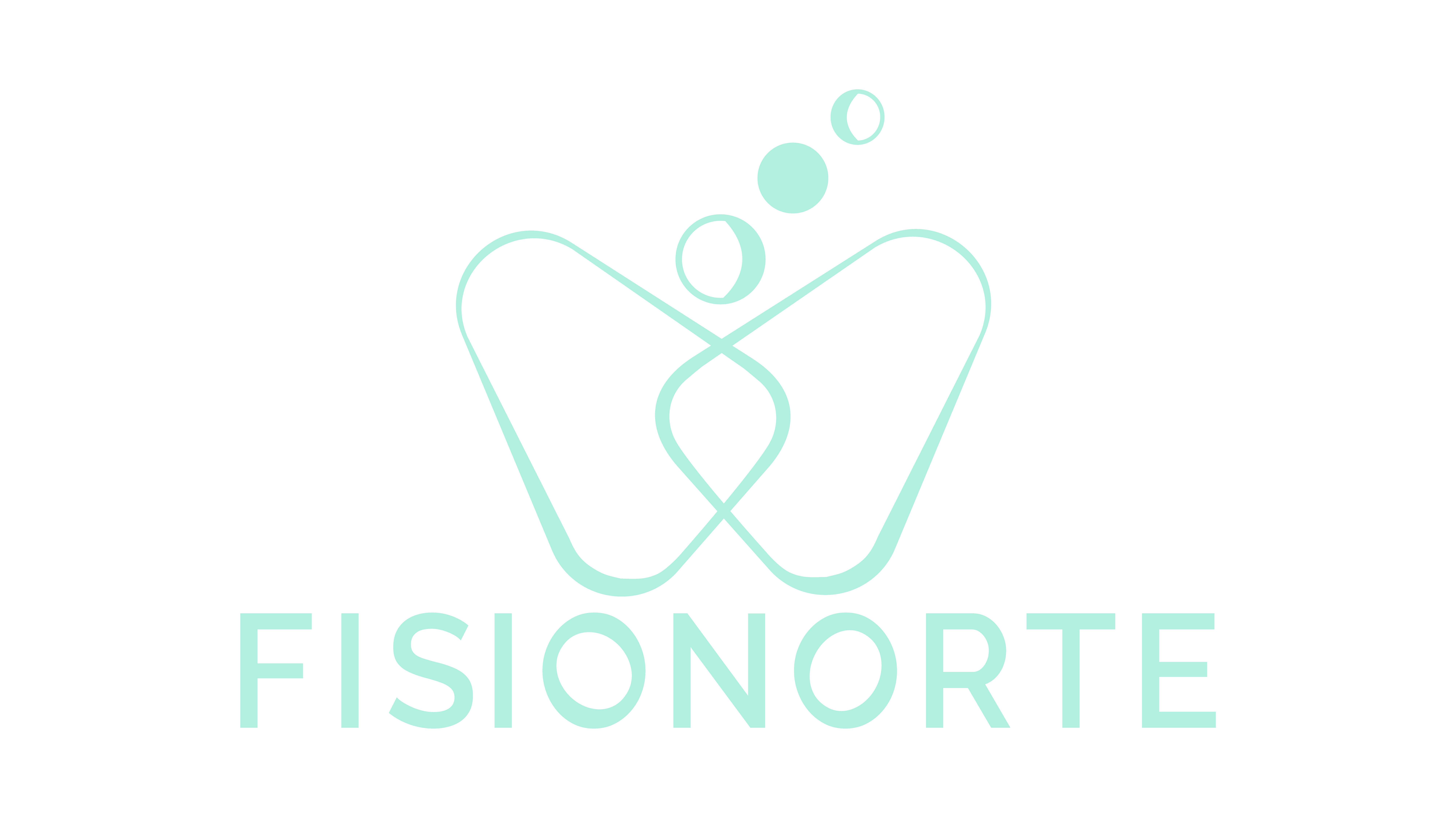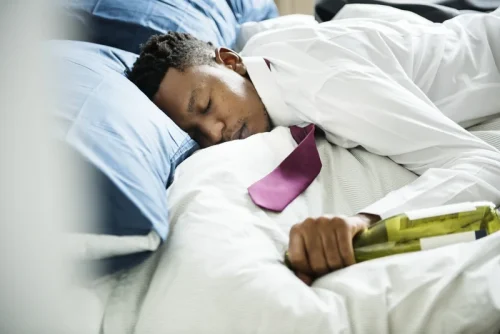
«Ketamine is not a mystical thing that goes in and introduces brand new knowledge or wisdom or anything like that. It’s not installing experience in you,» one participant reported. We’ve got all the medical staff that understands the medicine,” Millar said. “I think we’ve treated close to, if not slightly over, about 1,500 people in that time. It’s held in a beachfront home about five miles south of the U.S.-Mexico border. Sarah Simmons, director of psychological wellness at Kaiser, said ibogaine holds a great deal of promise, but it also poses some risk.
Patient Care Network
For example, at the University of Alabama, Birmingham, clinical psychologist and researcher, Peter Hendricks, and his team are finishing up a study on psilocybin-assisted therapy for cocaine addiction, and their preliminary results are quite striking. Although they haven’t completed their data collection yet, Hendricks says they have looked at the first 10 participants, six of whom received psilocybin and four a placebo. And those who received the magic mushroom compound used cocaine much less frequently than those who received the placebo following their dosing session. There have been some intriguing associations between facets of impulsivity and receptor dysregulation have been demonstrated across neurotransmitter systems and addiction subclasses demonstrating another targetable avenue for translational psychopharmacology research. Thus, evidence for psilocybin restoring molecular dysfunction in addiction now needs to be translated to human research, given the ample opportunity presented by the identified neuroreceptor biomarkers described, the basic neuromolecular mechanisms of action leading to therapeutic efficacy needs to be established. Although the initial wave of research was cut short by the stigmatization and legal restrictions of the 1970s, the late 20th and early 21st centuries saw a resurgence of interest in psychedelic therapy.
Are psychedelic Experiences Intrinsically Valuable?
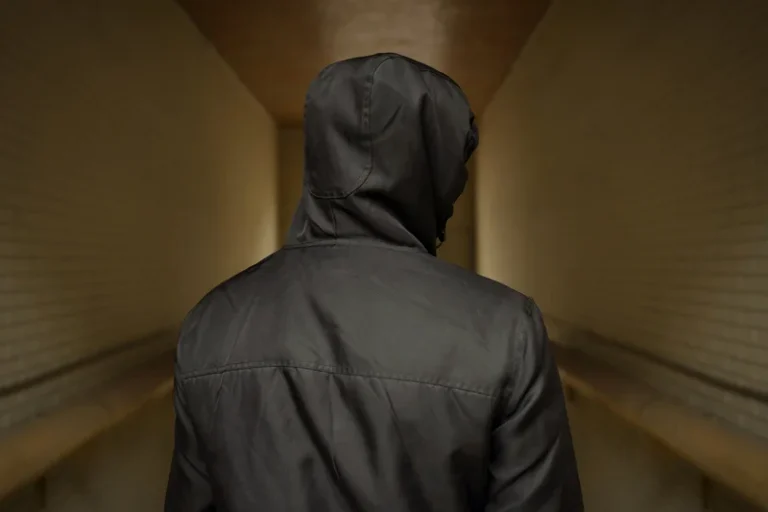
Participants continued meeting weekly with study staff and received another dose of psilocybin at week 7 and optionally again at week 13. Changes in smoking between study intake and 6-month follow-up were examined using biomarkers and self-reports of cigarettes per day. are psychedelics addictive Seven of the nine reported continuous abstinence since first psilocybin session.19 However, the small sample size and the open-label design of the original study and the follow-up paper does not allow for definitive conclusions regarding the efficacy of psilocybin.
- Neuroscientist Deborah Mash, professor of neurology and molecular and cellular pharmacology, Leonard M. Miller School of Medicine, has been studying the effects of ibogaine in substance-use disorders for more than three decades.
- Ibogaine can also limit and even eliminate the symptoms of withdrawal for reasons that still aren’t entirely understood.
- Leaders of the medical psychiatric team evaluate a patient for a psychedelic therapy consult.
- There has been one retrospective survey to date on the use of 5-MeO-DMT in treating individuals with alcohol and other drug use disorders.
- The majority of prior work has focussed on specific regions of the dopaminergic midbrain and limbic system (e.g., striatum, ventral tegmental area, hippocampus, amygdala) and identified these areas as key contributors to addictive behavior (97).
Graduate School of Addiction Studies
Connection is a crucial aspect to recovering from any sort of addiction or trauma and perhaps in response to that, a Psychedelics in Recovery group was formed on the East Coast (more information may be found here). The group meets online twice a month and membership is open only to those who identify as being in recovery from addiction. In the San Francisco Bay Area, a Psychedelic Recovery group was also formed.
Molecular neuroplasticity
- These results constitute the first evidence that low doses of LSD increase reward-related brain activity in humans (91) and suggest a possible therapeutic mechanism of action for patients with addiction who present with reward deficiencies (92).
- We will finish this review by highlighting several research avenues that could profitably be explored over the coming years to optimize the development of psychedelic therapy for this indication.
- Some researchers believe it has potential to help with addiction, PTSD, and traumatic brain injuries.
We suggest that the development of novel pharmacotherapies for addiction, such as psychedelic therapy, is best conducted through the investigation of these interventions using such fMRI platforms, to establish brain mechanisms related to addiction and relapse. Such an approach, we hope, will allow for more individualized and effective treatments to be developed and may have value in predicting treatment response (81, 82). In the following sections, we will consider how fMRI paradigms can be employed to investigate the effect of psychedelic therapy on addiction-related processes and treatment response in the context of clinical studies.
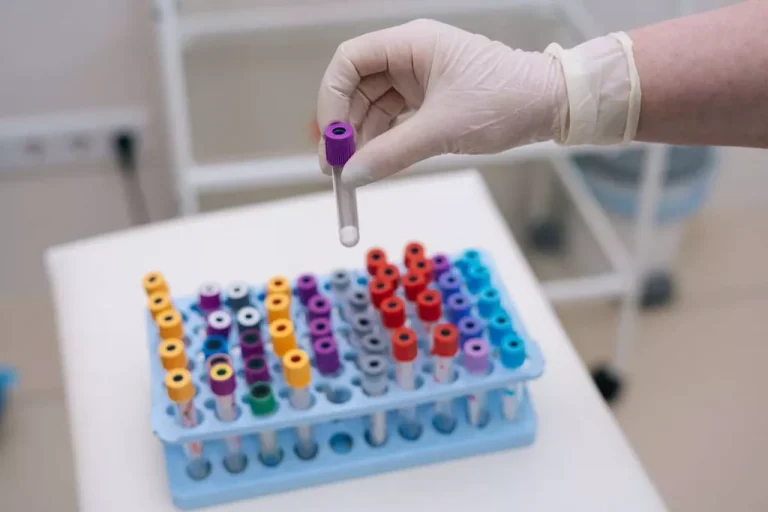
Navajo peyote use: Its apparent safety
«One of the main questions we had for this research was, ‘What do providers think is most important for therapist training and in the practice of ketamine-assisted therapy?'» says Petker, a clinical psychology doctoral student and co-author of the study. Therefore, during your share, you may say what medicines you’ve done and in what context, but please do not mention the name of any facility or people you journeyed with. Additionally, this meeting is not affiliated with the Within Center, or any other psychedelic facility in Austin. The «Cares and Considerations» document on the PIR website is a great place to start.

General Service Meetings
